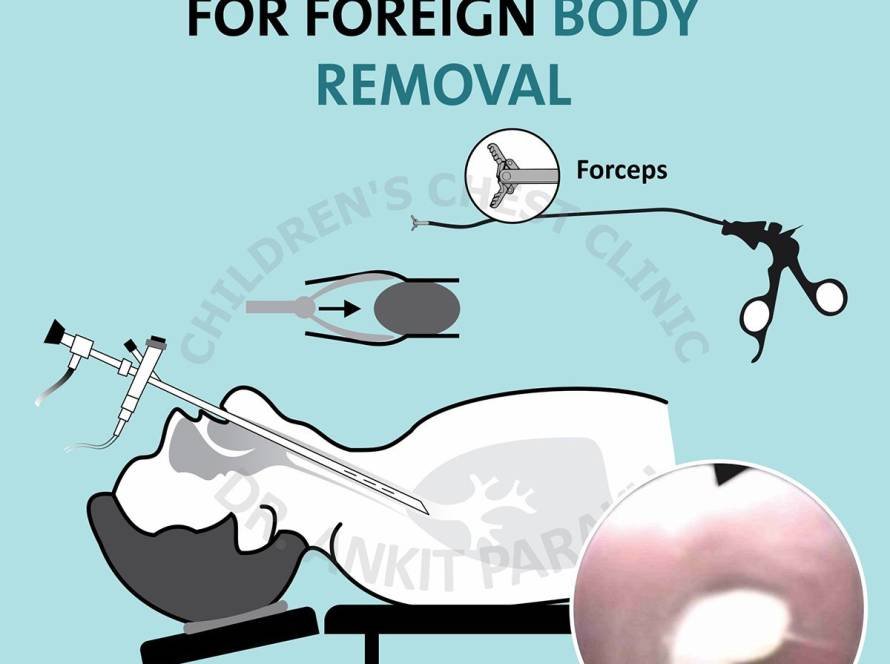Attention-deficit/hyperactivity disorder (ADHD) is a common and persistent developmental problem in children which can persist into adulthood. Children with attention-deficit/hyperactivity disorder (ADHD) are inattentive, hyperactive and impulsive. Symptoms of attention-deficit/hyperactivity disorder (ADHD) interfere with functioning of the child at school and in social situations.
How common are sleep problems in children with attention-deficit/hyperactivity disorder (ADHD)?
Sleep problems are very common in children with attention-deficit/hyperactivity disorder (ADHD). Most research and clinical experience suggest that almost 25%–50% of children with attention-deficit/hyperactivity disorder (ADHD) like symptoms have sleep related problems.
What are the common sleep problems seen in children with attention-deficit/hyperactivity disorder (ADHD)?
Attention-deficit/hyperactivity disorder (ADHD) like symptoms resemble symptoms of common sleep disorders like obstructive sleep apnea (OSA) and restless legs syndrome. Children with obstructive sleep apnea (OSA) and restless legs syndrome have a poor sleep quality also called a non-restorative sleep. Young children are unable to convey what they are feeling and often become impulsive and hyperactive to keep themselves awake. These children do not have true attention-deficit/hyperactivity disorder (ADHD) and the cause of symptoms is a primary sleep disorder.
Some children have true attention-deficit/hyperactivity disorder (ADHD) and an associated sleep disorder. The common associated sleep disorders seen in children with attention-deficit/hyperactivity disorder (ADHD) are obstructive sleep apnea (OSA), restless legs syndrome (RLS), insomnia and disturbed sleep-wake cycle. Children with attention-deficit/hyperactivity disorder (ADHD) get racing thoughts and night-time energy spurts that tend to keep them awake. These children are difficult to settle down for sleep leading to a dysregulated sleep-wake schedule with multiple nighttime awakenings. Many children with attention-deficit/hyperactivity disorder (ADHD) get excessive daytime sleepiness and difficulty waking up in the morning as a result of poor night sleep.
How should children with attention-deficit/hyperactivity disorder (ADHD) like symptoms be evaluated?
Children with attention-deficit/hyperactivity disorder (ADHD) like symptoms should be carefully screened for any sleep related problems. This requires a careful and detailed sleep history. Many current guidelines also recommend to exclude obstructive sleep apnea and restless legs syndrome before diagnosis and treatment of ADHD. Children with a suspicion of a sleep problem should be evaluated by a pediatric sleep specialist. Polysomnography or a sleep study might be needed to confirm or exclude a sleep problem.
What are the recommendations to improve sleep health in children with ADHD-Sleep Problems?
Behavioral sleep interventions have shown to improve child’s sleep, ADHD like symptoms, daily functioning, behavior, and memory. A consistent bedtime routine and healthy sleep hygiene practices are highly recommended. Bedtime routines like taking a warm bath, reading a book or hearing light music are helpful. Restricting screen time and promoting physical daytime activities are recommended.
In case your child is having attention-deficit/hyperactivity disorder (ADHD) do get in touch with a pediatric sleep specialist for further evaluation and management of sleep related issues.







